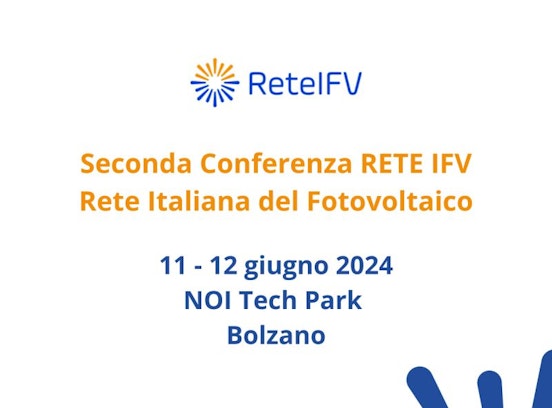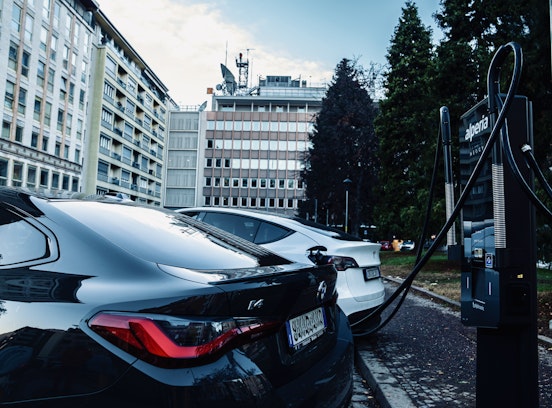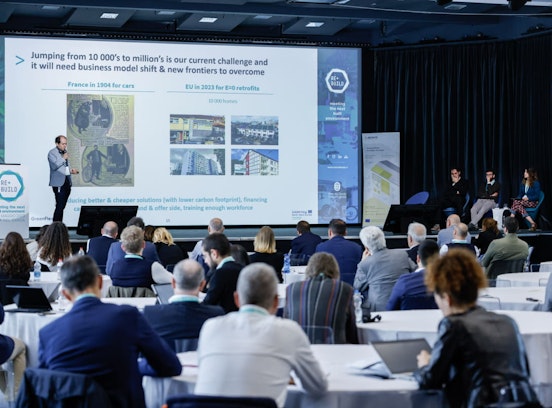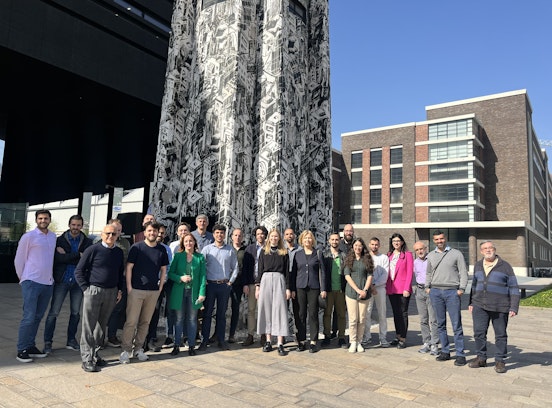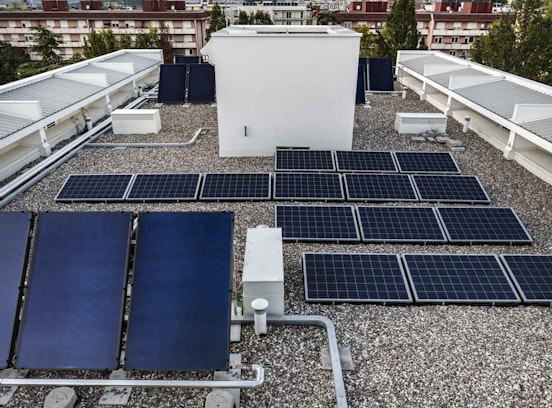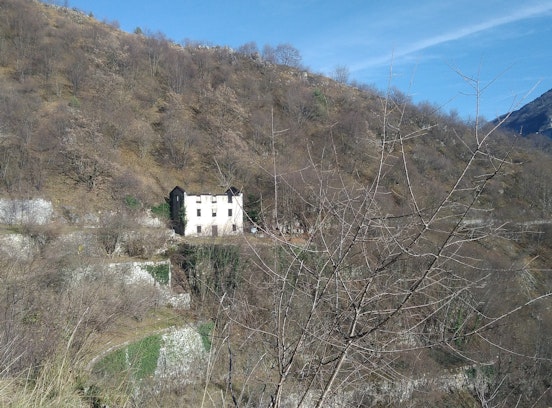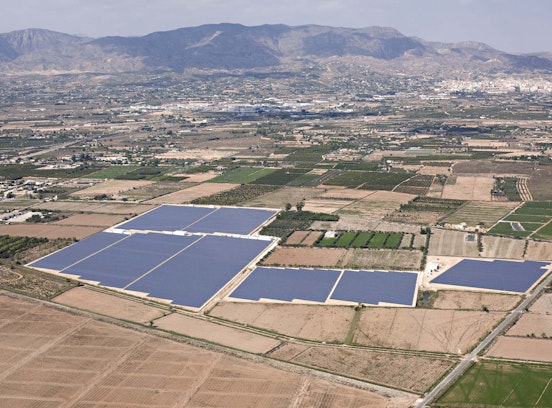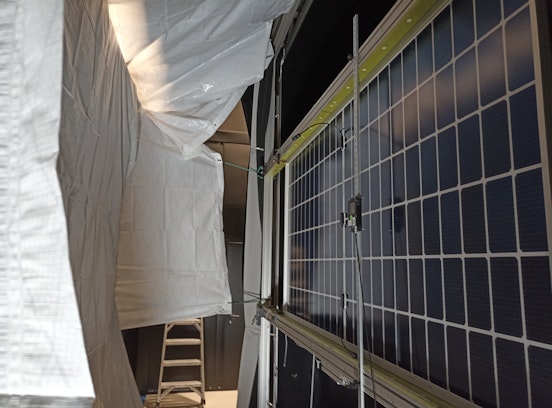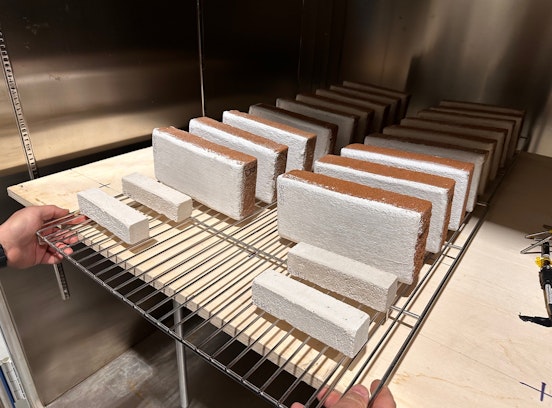Institute for Renewable Energy - News & Events - A heated matter
A heated matter
Rather a matter of heating than a heated matter per se the Helsinki Energy Challenge aims to fight climate change and meet the city’s goal of carbon neutrality by 2035.
- English
Thinking of Finland and its capital Helsinki may conjure images of Moomins, saunas and if you’re into it – Black Metal. But anyone lucky enough to have visited will have noted Finland’s untouched and pristine nature is at the core of Finnish life, and its sanctity is paramount. Perhaps then because of this mentality, the Helsinki Energy Challenge was born. The Challenge’s application phase began last year with an invitation to solve a conundrum: how to decarbonise Helsinki’s heating system, using as little biomass as possible? The reason: currently more than half of the Helsinki’s heat is produced with coal. The transition to a low-carbon economy is going to be needed to fight climate change and meet the city’s goal of carbon neutrality by 2035.
Helsinki can get very cold - it’s heating demands are high (not only because of the saunas), other Nordic counterparts have embraced the use of Biomass energy but Helsinki has set itself apart, for them biomass is not a long-term sustainable solution. Owing to the city’s cold climate - success here, means success anywhere. In an inspired initiative, the global solution-seeking competition brought together startups, larger companies, research institutions, universities, research groups, consortia and individual experts. 252 groups from 35 countries participated in the first phase.
The second phase saw 10 teams being chosen to move forward to the co-creation phase. Each team then received a subsidy of 10,000 euros to fund their work and also attended webinars, prior to 3 members from each team being selected to visit Helsinki itself for a 3-day boot camp. Since the Challenge of a sustainable heating system, which seeks to phase out fossil fuels, is a global one, it was only fitting that the jury were too. The expert panel represented leaders in the field of climate and technology – representing institutions such as MIT, the University of Helsinki, Aalto University, The Finnish Climate Council, the University of Aalborg and The World Energy Council. In deciding the teams to pass through the initial selection phase, each solution needed to present the climate, natural resource and cost impact as well as an implementation plan to include scheduling and fees as well as a reliability and capacity assessment of the end result. From the shortlist of 10 teams there were 5 finalists, 4 award winners and 1 Recognition award winner. Solutions were as varied as Moomin characters with themes ranging from the creation of tropical forests and hot pools as a byproduct of heat production, to the megatrend of electrifying the current heating system. However, a common riff did unite most of the entries - the idea of re-incorporating excess heat that would otherwise be expelled and joining forces to get things done.
Of the finalists category, and amongst our favourites (we’re not biased at all), Team CarbonHelsinki, with their innovative idea to design a circular heating system for the district which takes advantage of residual heat that would otherwise be lost, definitely received a warm welcome from the hosts. Their solution was aimed at phasing out coal by 2029 through building a highly flexible system and making use of different existing heat sources when most cost efficient. Through a revamp of the in-situ infrastructure of the city’s current district heating system, several heat sources would be integrated to utilise not only new key sources of energy, but also that of waste heat. The largest one of which would be sourced from the nearby industrial area. In addition, heat pumps utilising sewage water, other low temperature heat sources, solar, outdoor air and sea water would also provide a substantial part of the heat demand. The proposal was developed by a team consisting of the IVL Swedish Environmental Institute, Metropolia University of Applied Sciences in Helsinki, Eléctricité de France from France, the European Institute for Energy Research in Germany, Eksta Bostäder from Sweden, Resourceful futures from the UK, LKAB Wassara in Sweden, Ochsner Process Energy Systems from Austria and last but not least… Eurac Research in Italy.
Some of our other favourites can be found here
The Hot Heart | Helsinki Energy Challenge
CHP Consumers to Heat Producers | Helsinki Energy Challenge
Smart Salt City addresses the question: Without any extra deployments of biomass plants, how can Helsinki become carbon neutral by 2035?
